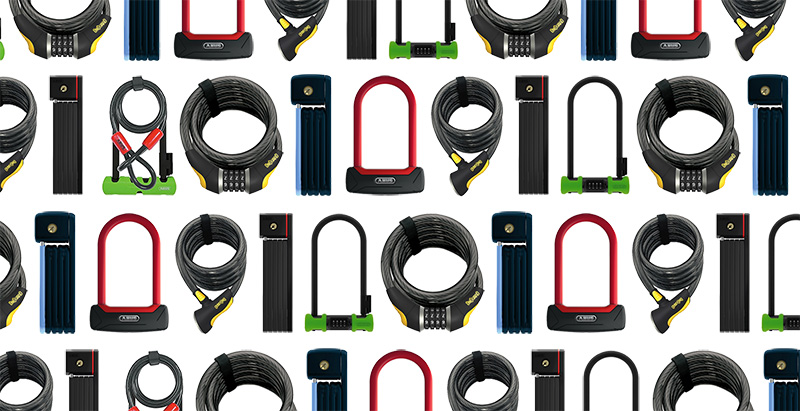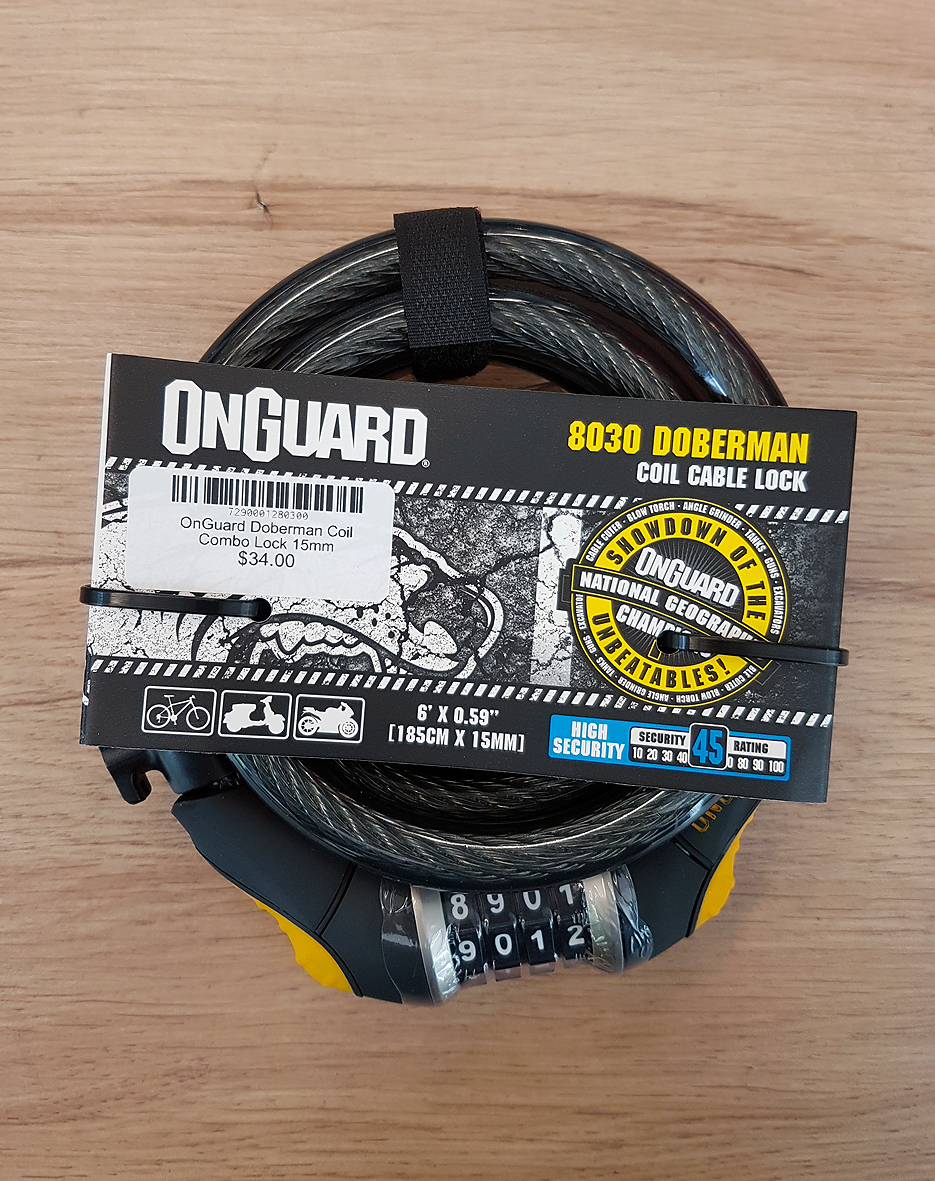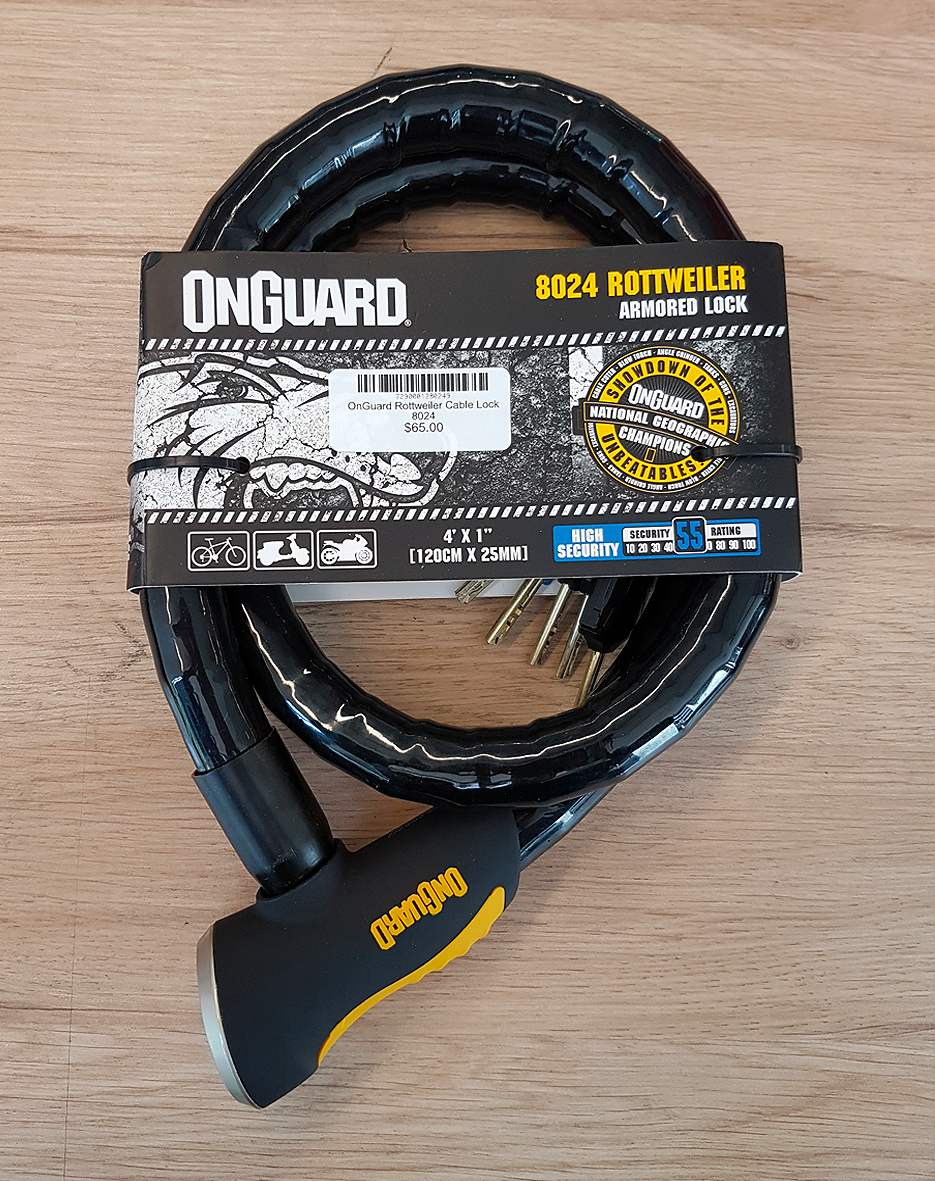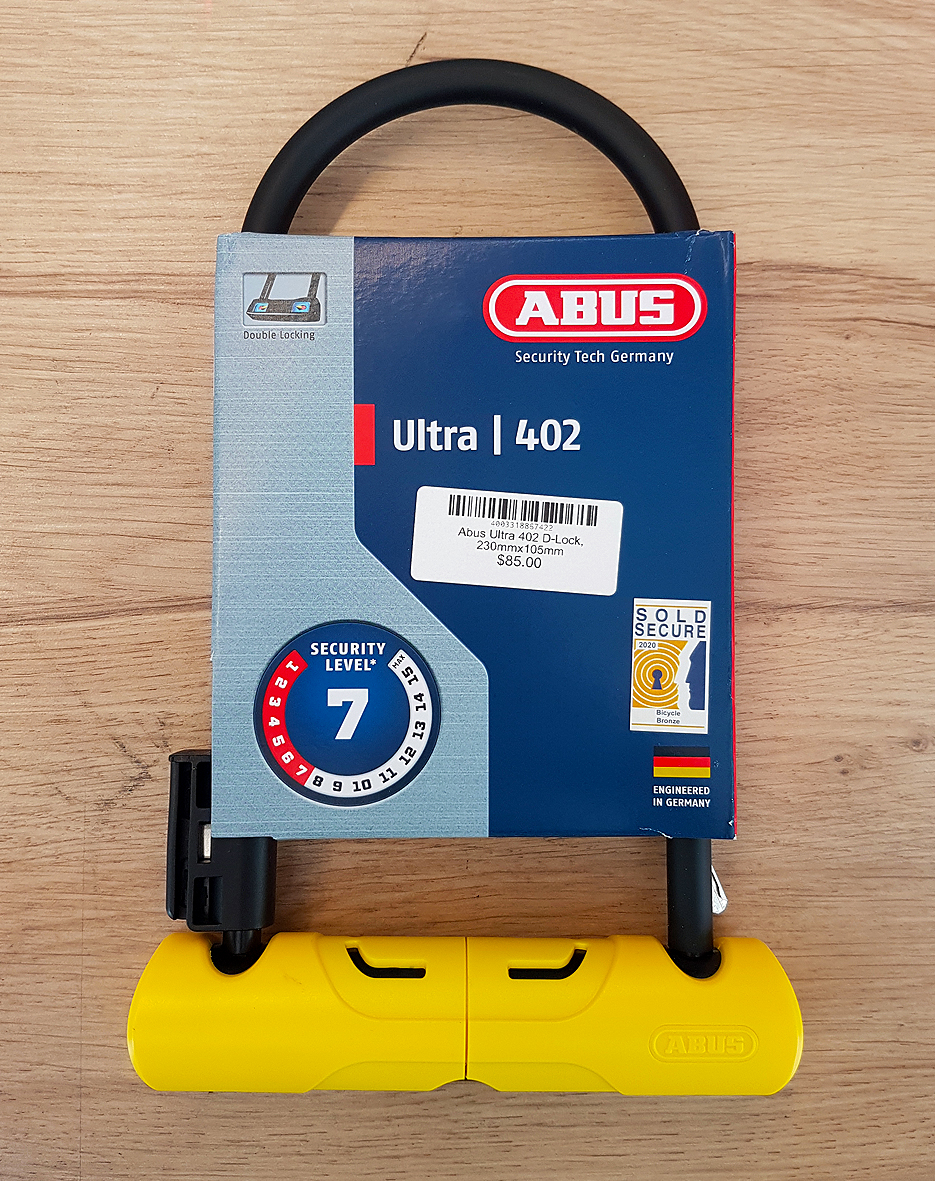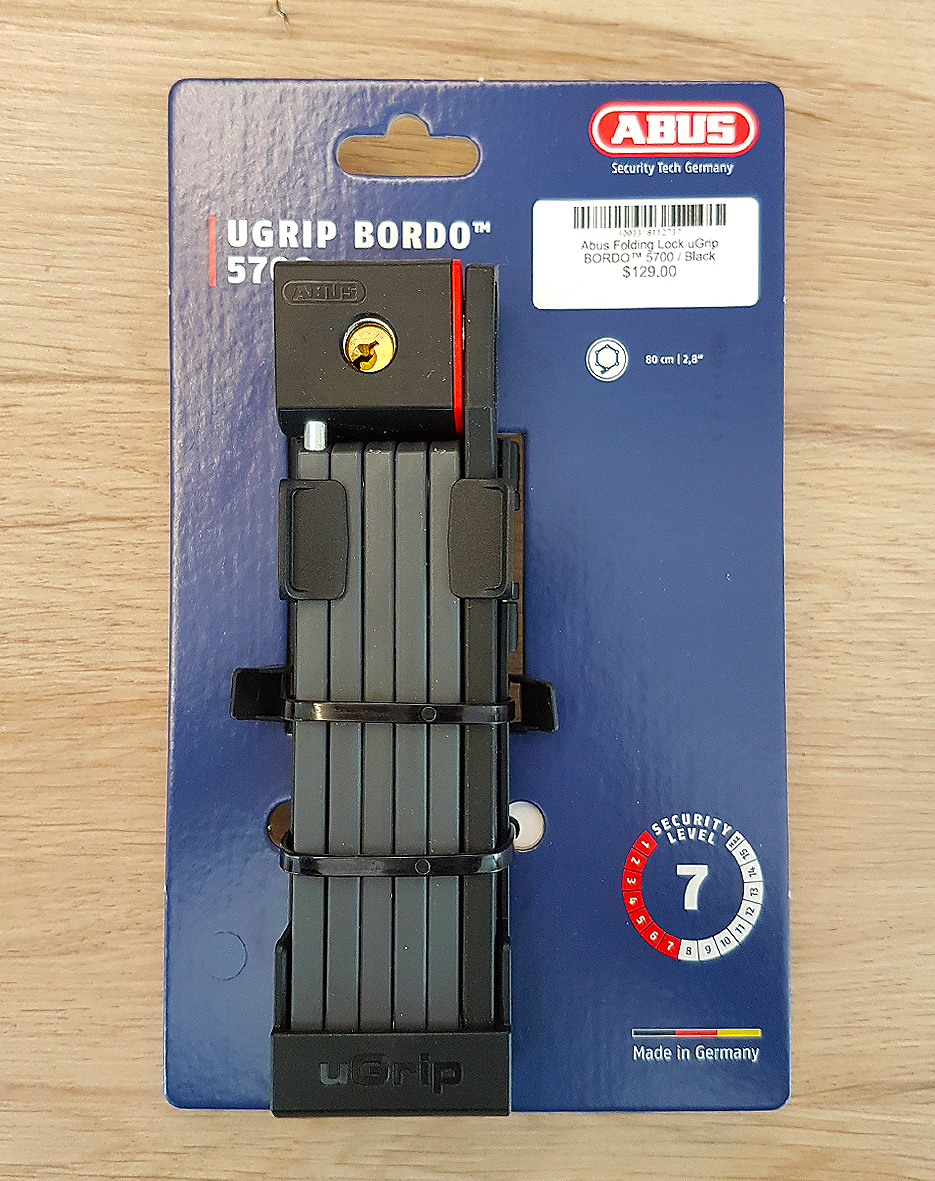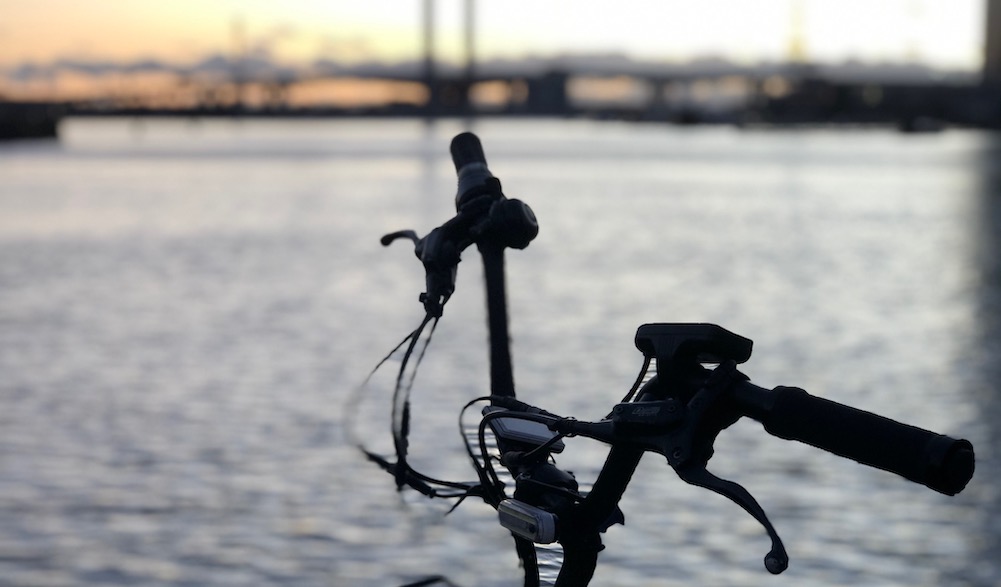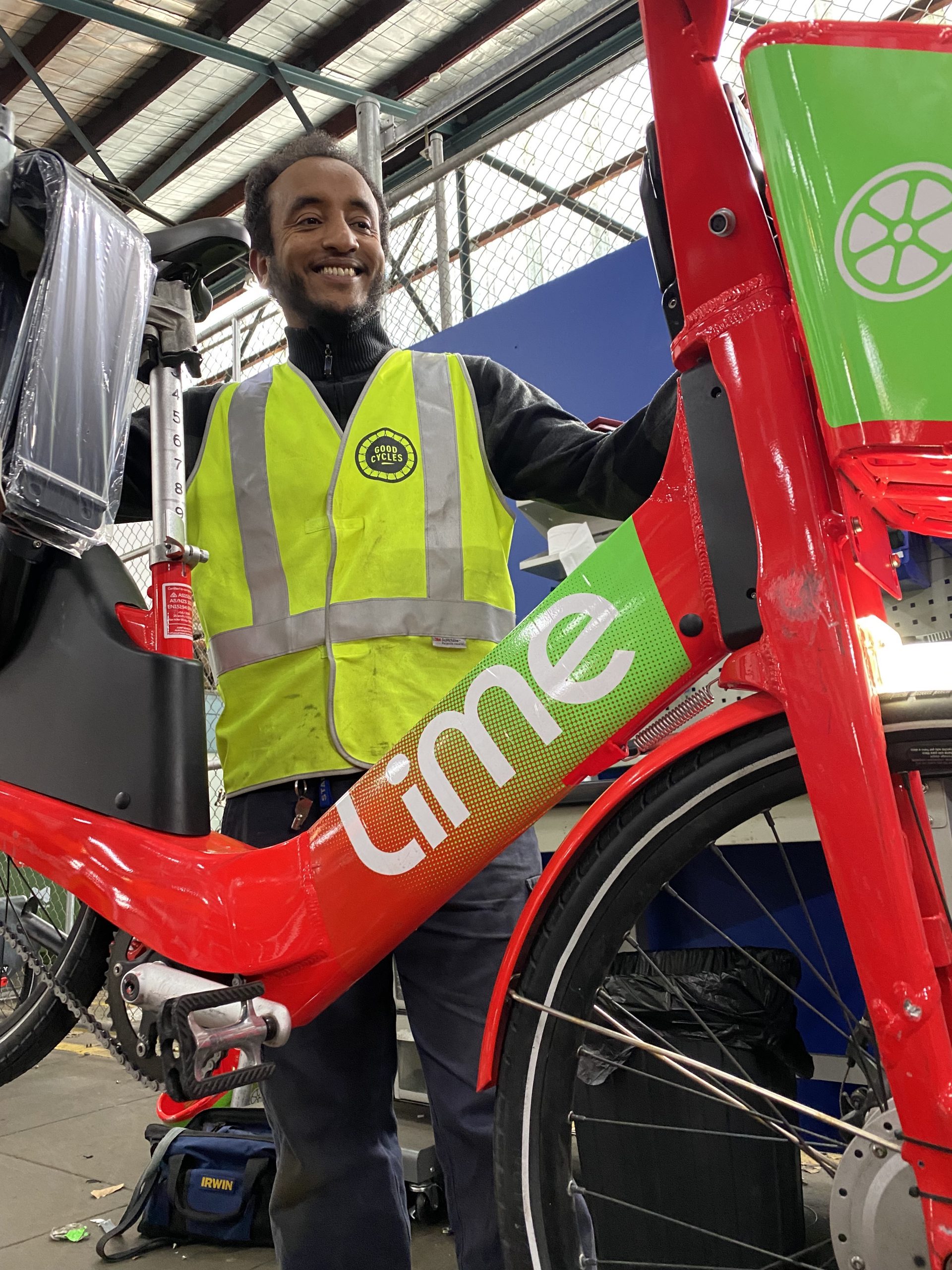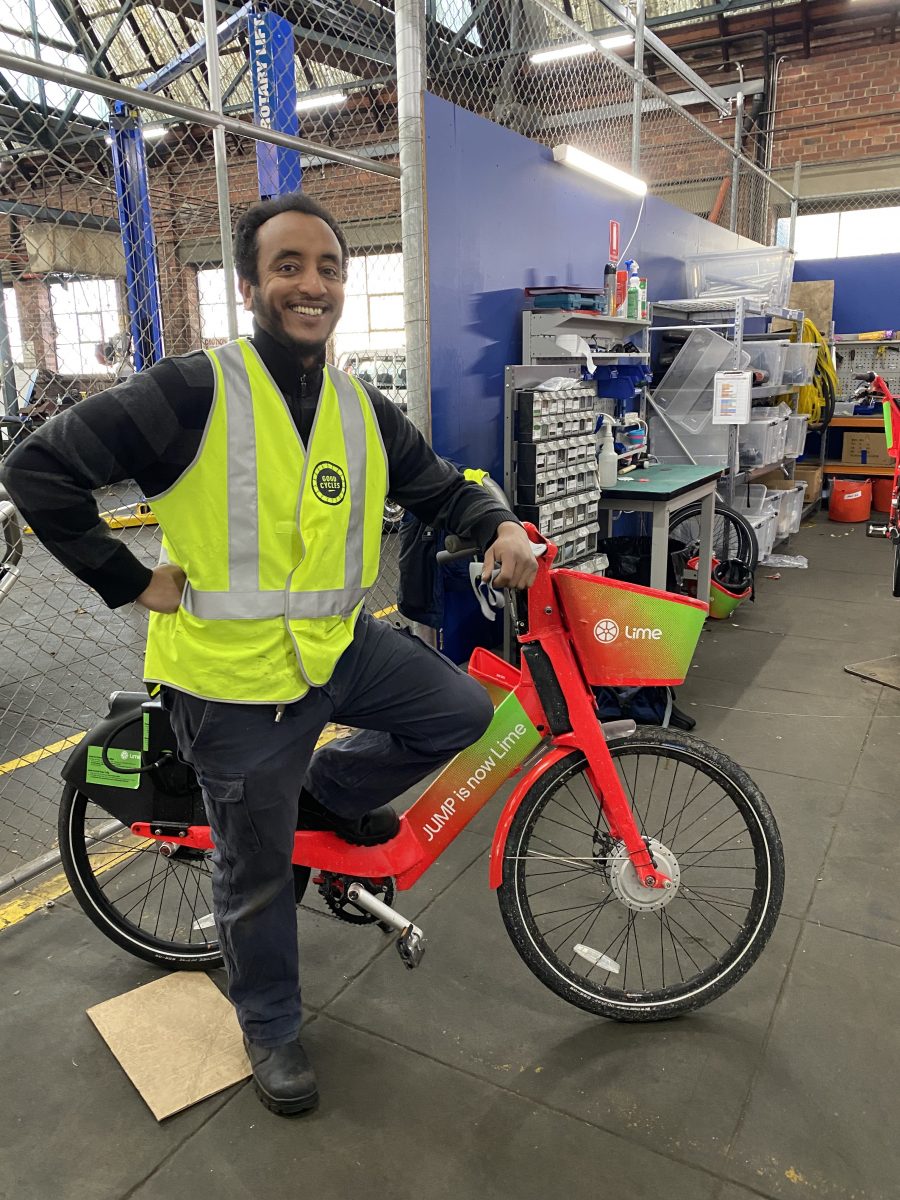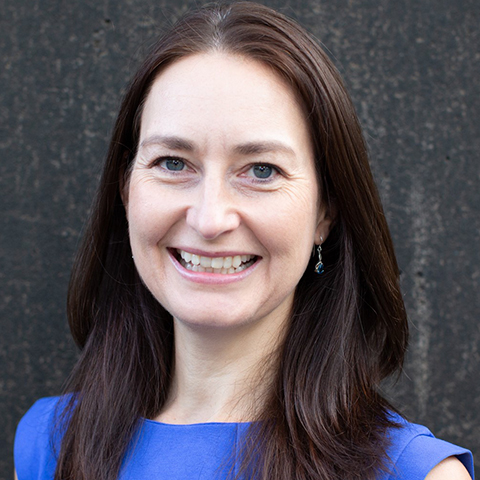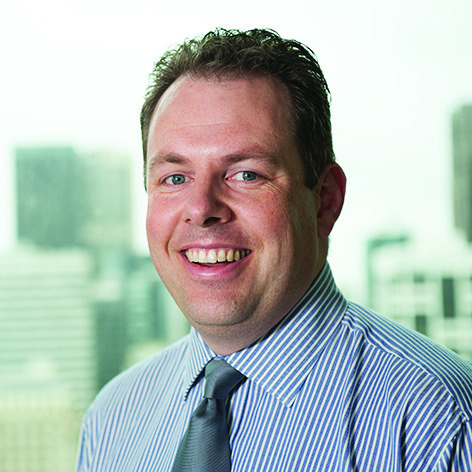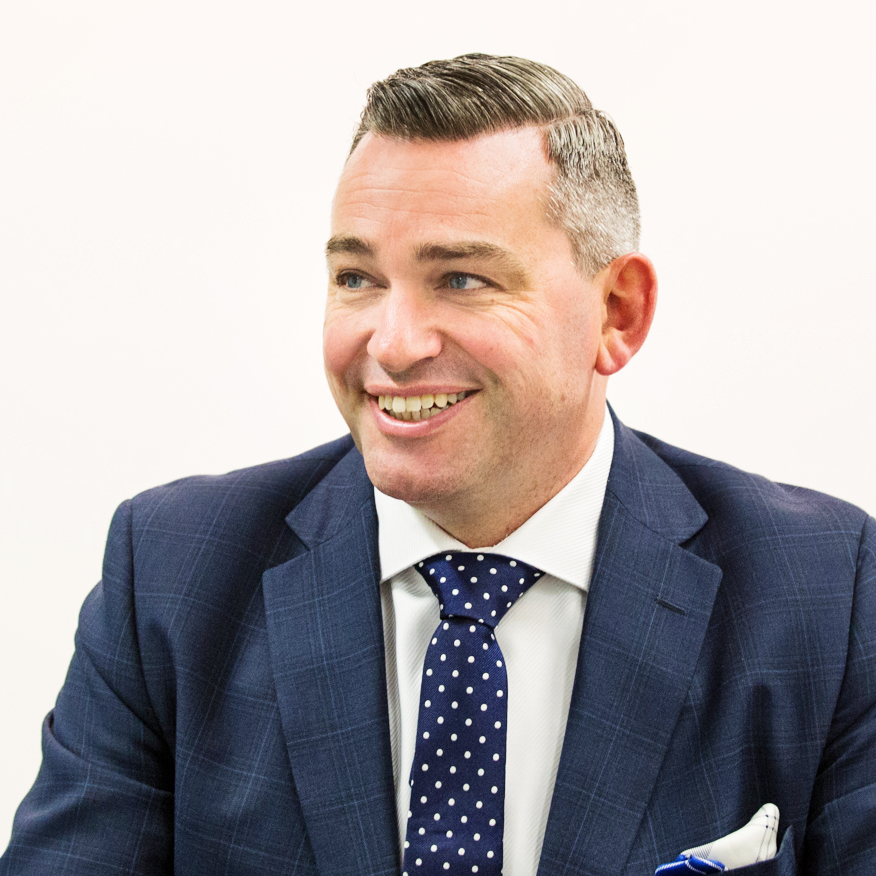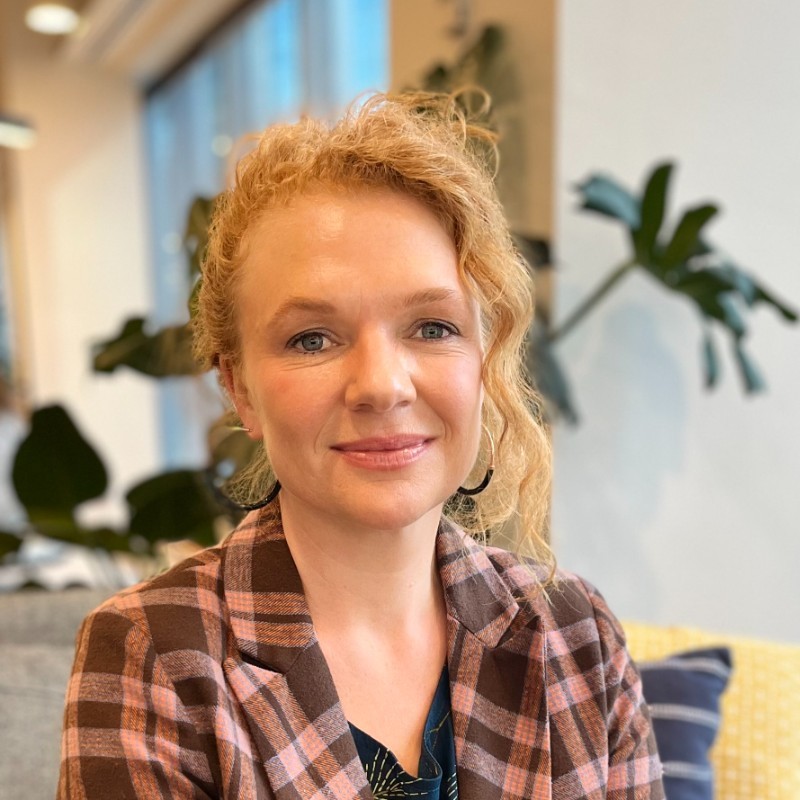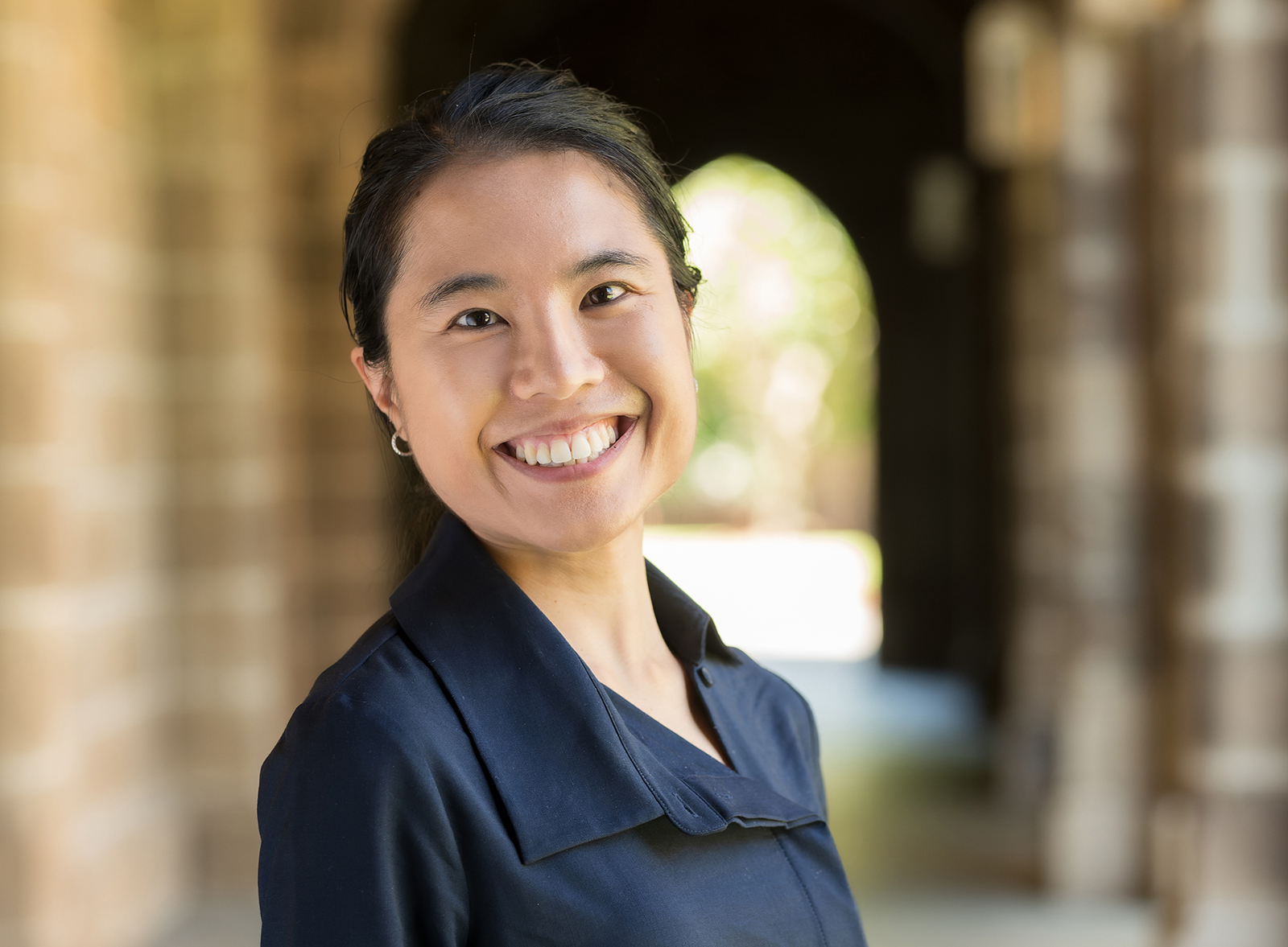
We are thrilled to announce that Hannah Figueroa, our Impact Evaluation Lead, has been selected as a Community fellow for the Melbourne Social Equity Institute at the University of Melbourne.
This new work comes on the back of a literature review on youth employment in Victoria post-COVID-19, done under the guidance of our Head of Impact and Innovation, Kirra Johnson.
Hannah’s research aims to improve our understanding of the unique challenges faced by young people from various socio-cultural diverse backgrounds in accessing employment, and the kinds of factors that inform youth decision-making and aspiration around chosen employment and career pathways. The project addresses the current lack of qualitative data on these specific groups, and the structural barriers within the labour market.
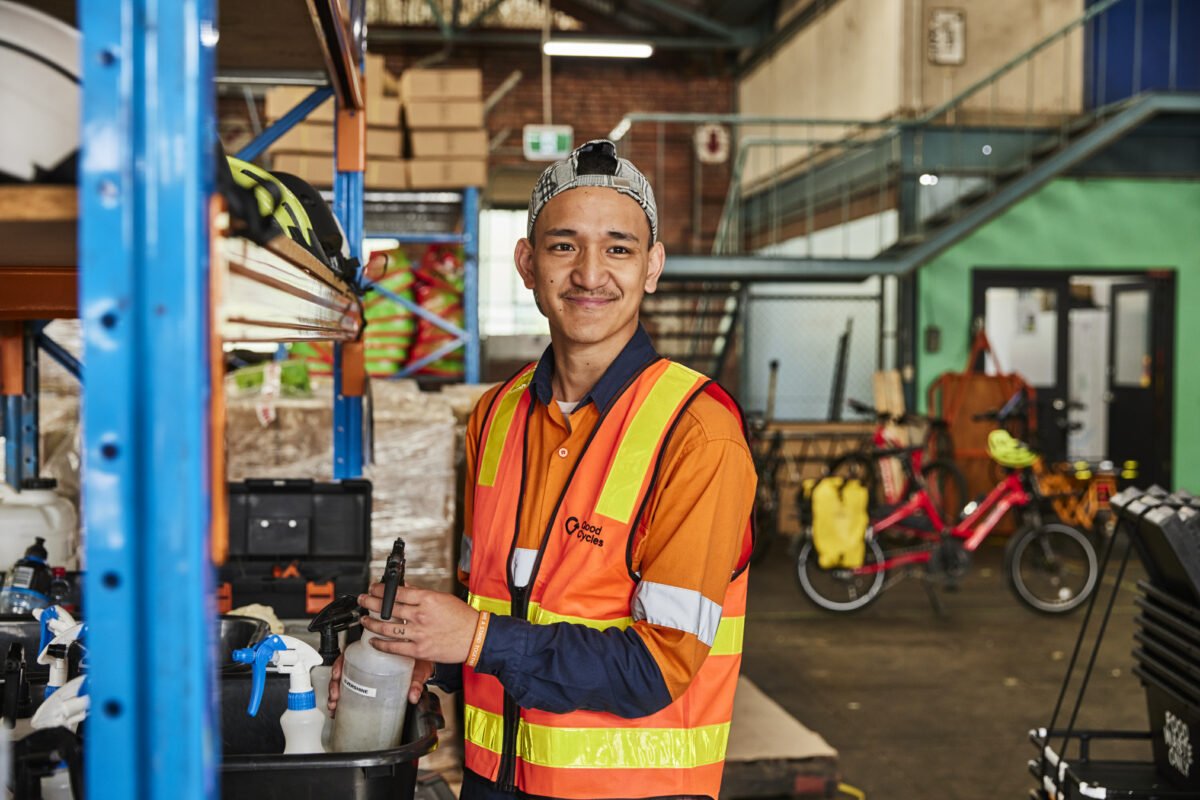
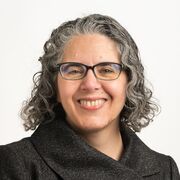
Hannah’s research will directly engage its community to build evidence and qualitative data from the lived experience of young people with multiple barriers to employment. This data will continue to inform and improve our Youth Employment Programs’ effectiveness and help more young people access meaningful and sustainable employment opportunities.
We are also excited to share that Professor Jo Barraket will be serving as Hannah’s academic mentor. Professor Barraket is a leading expert in social enterprise and social impact, and her guidance will be instrumental in shaping Hannah’s research project.
“This critical work will enable us to to have much more valuable, richer data that is more meaningful and impactful both to us – as an organisation and support provider – and to the young people in our program with socio-culturally diverse backgrounds and experiences: as a minimum, the project will improve our program activities so that it better addresses the specific challenges and barriers to labour market entry faced by these at-risk cohorts of young people.”
– Kirra Johnson
Hannah’s selection as a Melbourne Social Equity Institute fellow is a testament to her dedication and hard work in furthering the inclusion, engagement and participation of underrepresented groups in our community. Her research has the potential to make a real difference in the lives of young people impacted by the pandemic, and we congratulate her on this well-deserved recognition.
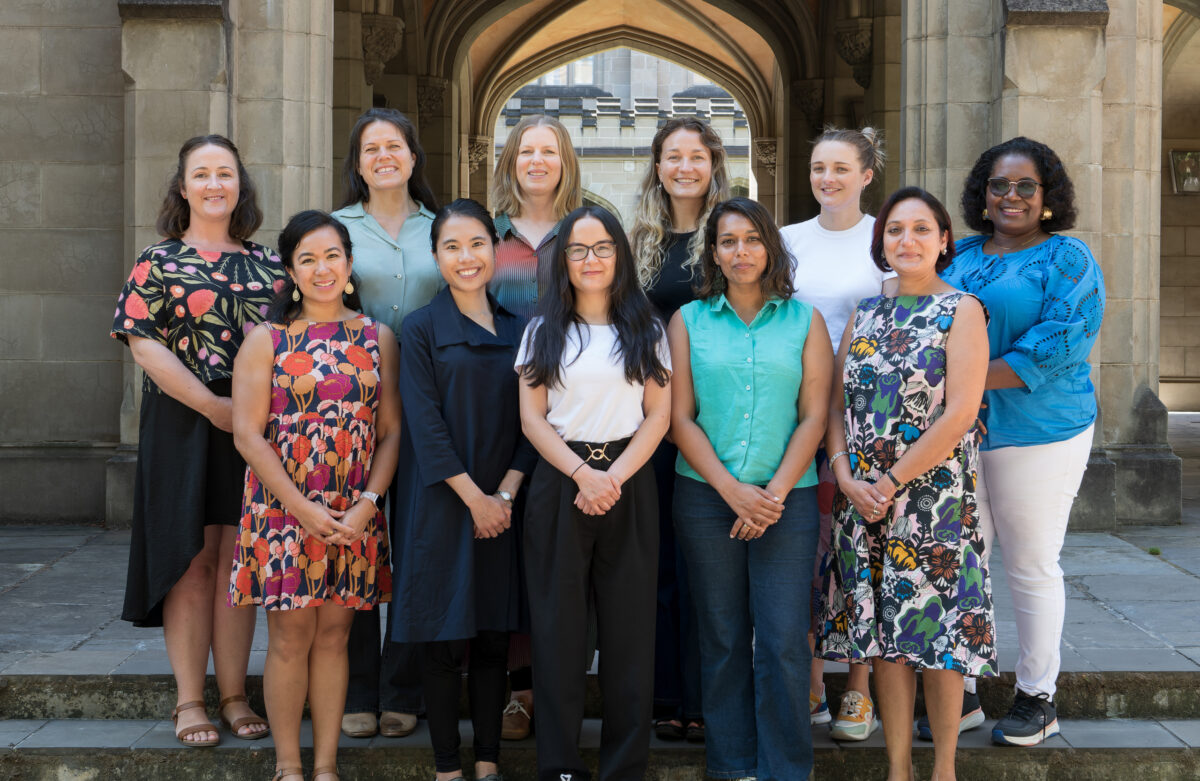
We can do so much more to address the structural inequalities that prevent so many young people from realizing their full potential. Hannah’s research is a step in the right direction, and we look forward to seeing the impact that her work will have in shaping policies and practices that promote greater equity and inclusion in the labor market. Congratulations, Hannah!
